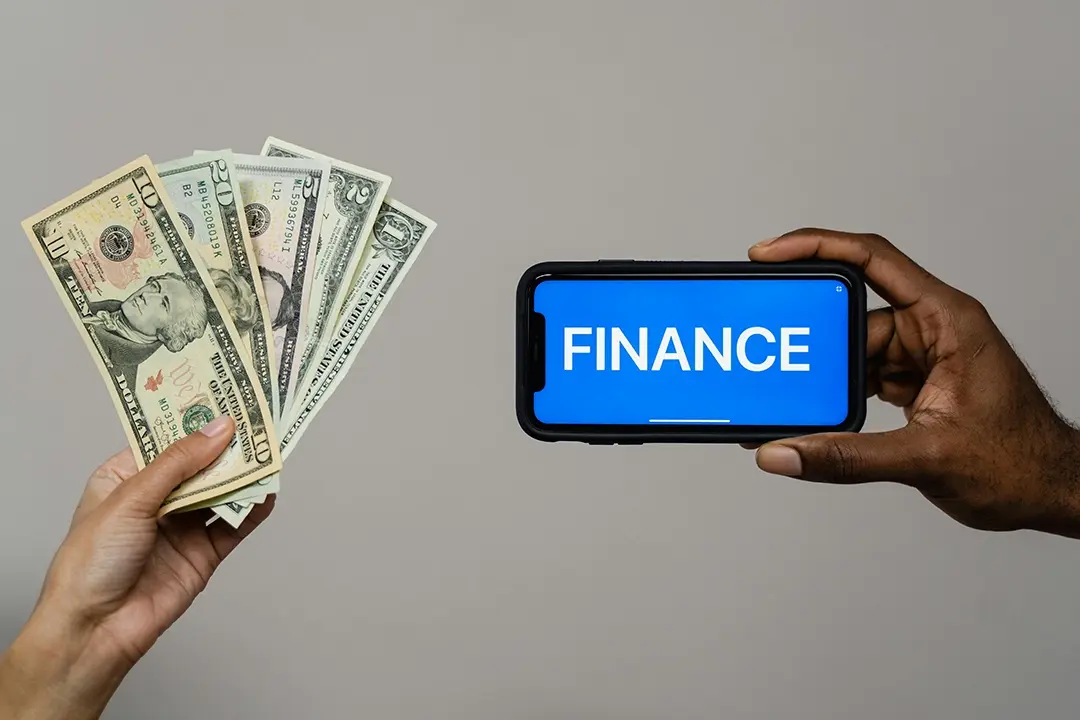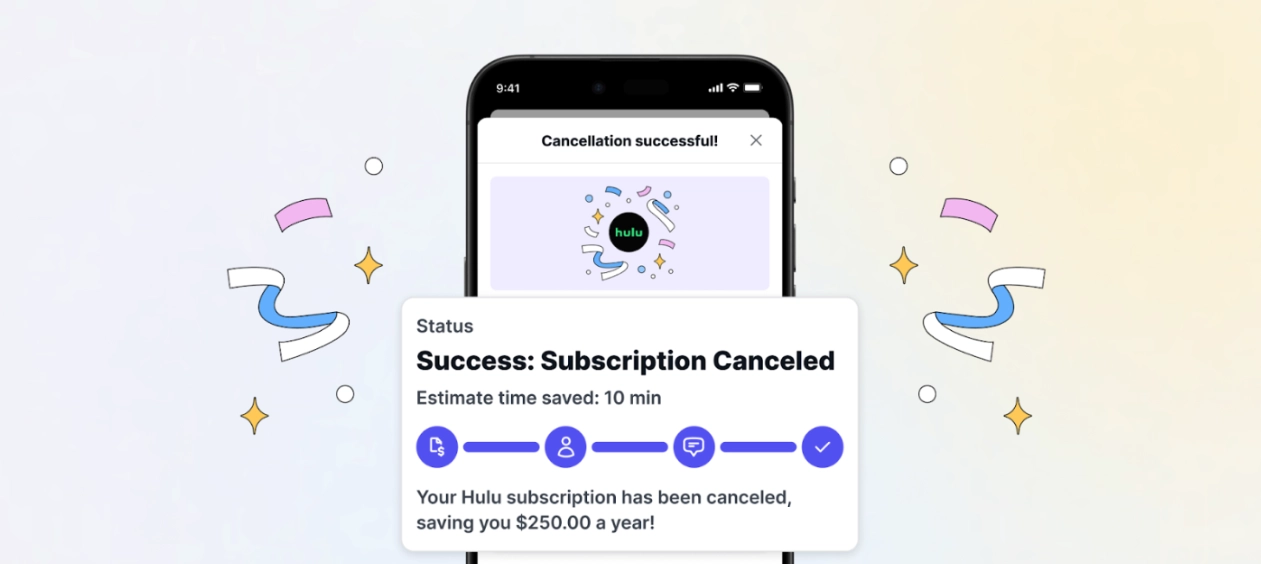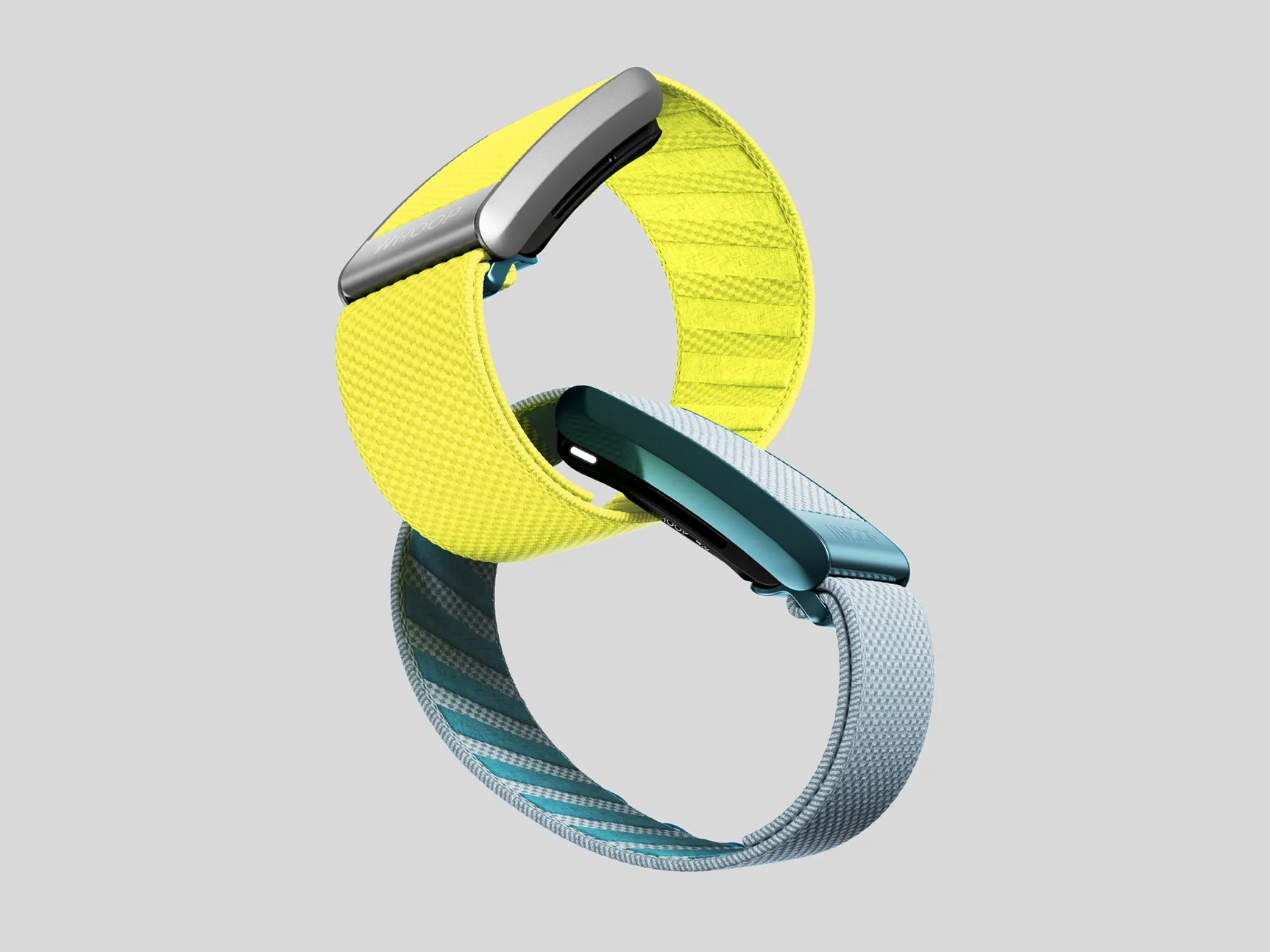
Kudos has partnered with CardRatings and Red Ventures for our coverage of credit card products. Kudos, CardRatings, and Red Ventures may receive a commission from card issuers. Kudos may receive commission from card issuers. Some of the card offers that appear on Kudos are from advertisers and may impact how and where card products appear on the site. Kudos tries to include as many card companies and offers as we are aware of, including offers from issuers that don't pay us, but we may not cover all card companies or all available card offers. You don't have to use our links, but we're grateful when you do!
Does a Misdemeanor Affect Your Credit Score?
July 1, 2025


Quick Answers
A misdemeanor conviction is a criminal matter and does not directly appear on your credit reports from major bureaus like Equifax, Experian, or TransUnion.
However, if the misdemeanor results in financial penalties such as fines or restitution, failure to pay can lead to collections, which will be reported and can significantly lower your credit score.
While the charge itself won't impact your score, the conviction can surface during comprehensive background checks, potentially influencing loan or employment applications where personal reliability is assessed.
What Is a Misdemeanor?
A misdemeanor is a criminal offense considered less severe than a felony but more serious than an infraction, such as a traffic ticket. These offenses are typically punishable by fines, probation, community service, or a jail sentence of less than one year. Common examples of misdemeanors include petty theft, simple assault, and disorderly conduct.
While the criminal charge itself does not appear on your credit report, the financial consequences of a misdemeanor can affect your credit score. If court-ordered fines or restitution payments become delinquent, they may be sent to a collection agency. A collection account can then be added to your credit file, which often has a negative impact on your score.
Can a Misdemeanor Affect Your Credit Score?
A misdemeanor conviction itself does not directly impact your credit score, as criminal records and credit reports are separate. However, the financial consequences can indirectly lead to credit damage.
- Incurring Court-Ordered Debt: A conviction often comes with financial penalties, such as fines, court fees, or restitution payments. These are legally enforceable debts you are required to pay.
- Failure to Pay: If you miss the payment deadline for these court-ordered debts, the account becomes delinquent. The court or municipality will then initiate collection efforts.
- Debt Sent to Collections: Unpaid court debts are frequently sold or assigned to a third-party collection agency. At this point, the debt is treated like any other consumer debt.
- Reporting to Credit Bureaus: The collection agency will likely report the unpaid debt to the major credit bureaus—Experian, Equifax, and TransUnion. This creates a negative entry on your credit report.
- Credit Score Damage: A collection account is a significant derogatory mark that can substantially lower your credit score and remain on your report for up to seven years, impacting your ability to get loans or credit.
How Much Will a Misdemeanor Affect Your Credit Score?
While a criminal charge itself won't appear on your credit report, the financial fallout from a misdemeanor can have a significant impact. Here are the key factors to consider.
- Financial Penalties. Court-ordered fines, fees, and restitution can create new debt. If you are unable to pay these obligations, it can lead to missed payments and negatively affect your credit history.
- Collection Accounts. Unpaid legal and court fees may be sent to a collection agency. A collection account on your credit report can cause a substantial drop in your credit score and remain for years.
How You Can Avoid a Misdemeanor Affecting Your Credit Score
Pay Court-Ordered Fines and Fees
Promptly paying all court-ordered fines, fees, and restitution is paramount. If these debts become delinquent, the court may turn them over to a collection agency. This action is then reported to credit bureaus, which can significantly damage your credit score for years to come.
Explore Legal Options and Payment Plans
Consulting with an attorney can open up alternatives. They may be able to negotiate a payment plan or have the charges reduced, potentially avoiding hefty fines altogether. Proactively managing these financial obligations is key to protecting your credit from the consequences of a conviction.
Ways to Improve Your Credit Score
Improving your credit score is entirely possible through consistent, positive financial behaviors. Whether you're looking to boost your FICO® score or VantageScore, there are several proven methods to enhance your creditworthiness and maintain a healthy profile.
- Monitor your credit reports. Regularly check your reports from all three major bureaus—Experian, TransUnion, and Equifax—to spot and dispute inaccuracies that could be dragging down your score.
- Establish automatic bill payments. Your payment history is the most significant factor in your score, so setting up automatic payments is a simple way to ensure you never miss a due date.
- Reduce your credit utilization ratio. Aim to keep your credit utilization below 30% by paying down balances or requesting a credit limit increase, as high utilization can signal risk to lenders.
- Become an authorized user. You can get a boost by being added to the credit card of someone with a strong payment history and low credit utilization.
- Diversify your credit mix. Lenders like to see that you can responsibly manage different types of credit, such as revolving credit from cards and installment loans like auto loans.
- Limit hard inquiries. Avoid applying for too much new credit at once, as each hard inquiry can temporarily lower your score.
The Bottom Line
A misdemeanor conviction does not directly affect your credit score. However, any resulting unpaid fines or legal fees can be reported to credit bureaus and subsequently lower your score.
Frequently Asked Questions
Can a misdemeanor conviction appear on my credit report?
No, criminal convictions like misdemeanors are not included in your credit reports from major bureaus. These reports focus solely on your financial accounts and payment history.
Will unpaid court fines from a misdemeanor hurt my credit score?
Yes, if court-ordered fines or restitution go unpaid, the debt can be sent to a collection agency, which will likely report it to the credit bureaus.
How long can misdemeanor-related debt affect my credit?
A collection account resulting from unpaid court fines can stay on your credit report for up to seven years from the original date of delinquency.
Unlock your extra benefits when you become a Kudos member

Turn your online shopping into even more rewards

Join over 400,000 members simplifying their finances

Editorial Disclosure: Opinions expressed here are those of Kudos alone, not those of any bank, credit card issuer, hotel, airline, or other entity. This content has not been reviewed, approved or otherwise endorsed by any of the entities included within the post.



































.webp)


.webp)





